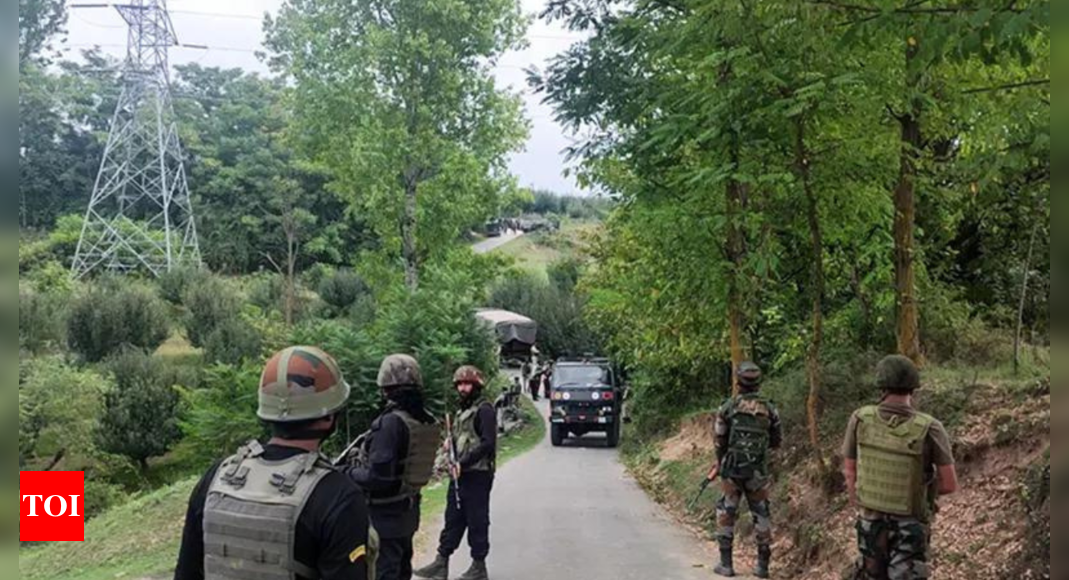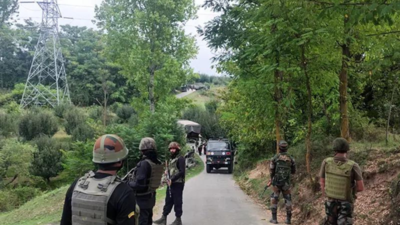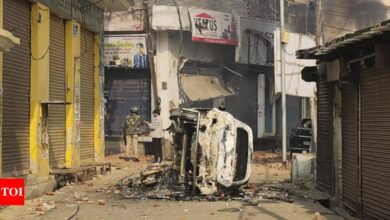India
Assam expands Afspa in four districts citing ‘recent disturbances’ in Bangladesh | India News – Times of India



According to a notification issued on Tuesday, Tinsukia, Dibrugarh, Charaideo and Sivasagar districts continue to be designated as “disturbed areas” under Afspa.
The extension comes as reports indicate that the state’s security situation has improved significantly in recent years. This progress, which is attributed to sustained counter-insurgency operations by security forces, has been particularly notable over the past three years, the statement said.
However, authorities expressed concern over the ripple effect of the unrest in Bangladesh, which could undermine internal security in Assam. “In view of the recent disturbances in neighboring Bangladesh and its potentially detrimental effect on internal law and order, the Government of Assam recommends that the Armed Forces (Special Powers) Act, 1958 be retained for a further six months,” the notice said.
The proposal to extend Afspa was submitted to the Ministry of the Interior, which after consideration decided to maintain the “status quo” in the four districts from October 1, 2024.
These districts have been under Afspa since October 2023, following a phased withdrawal of the law from other parts of Assam. Last year, Afspa was removed from Jorhat, Golaghat, Karbi Anglong and Dima Hasao districts, and previously from other regions. The law was initially imposed in Assam in November 1990 and has been continuously renewed every six months.
The Afspa grants special powers to the security forces, allowing them to conduct operations, arrest individuals without warrants and provide them with a degree of immunity in the event of operational consequences.
Despite the government’s position, civil society groups and human rights activists have consistently opposed the law, labeling it “draconian” and accusing it of enabling human rights abuses by military forces in the region. Calls for its repeal grew louder following a tragic incident in Mon district, Nagaland, in December 2021, in which fourteen civilians were killed during a failed counter-insurgency operation, sparking widespread outrage and retaliatory violence.




